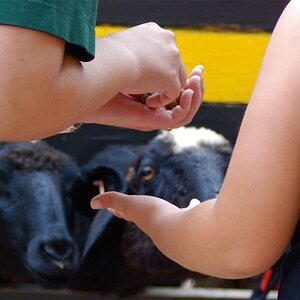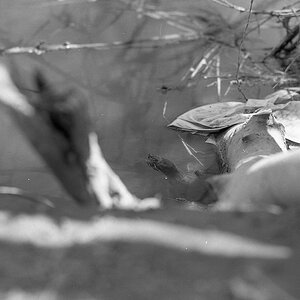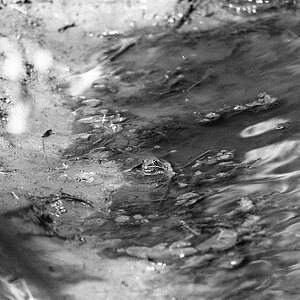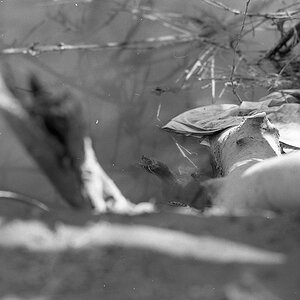- Joined
- May 1, 2008
- Messages
- 25,418
- Reaction score
- 4,999
- Location
- UK - England
- Website
- www.deviantart.com
- Can others edit my Photos
- Photos OK to edit
JPEG with standard sharpness and in-camera settings set to neutral values is a good way to measure sharpness in my view. If you want to show raws try turning off sharpening in RAW processing and you'll nearly always get a shock how soft RAWs are without any sharpening at all.
But that's the thing RAWs are all over the place with different settings - standard JPEG is a good measure that; for a layperson test that isn't trying to be highly scientific but to carry a point that is valid. Especially as most lay people can't own every camera body out there (nor even a majority) in order to develop a neutral workflow for RAW processing that is faithful to the quality adjustments being shown.
But that's the thing RAWs are all over the place with different settings - standard JPEG is a good measure that; for a layperson test that isn't trying to be highly scientific but to carry a point that is valid. Especially as most lay people can't own every camera body out there (nor even a majority) in order to develop a neutral workflow for RAW processing that is faithful to the quality adjustments being shown.



![[No title]](/data/xfmg/thumbnail/36/36300-760519cb9a8ebbfc57cc3d1fda5dd37c.jpg?1619737494)


![[No title]](/data/xfmg/thumbnail/31/31042-2fcf80c8987688129be89876d12ba006.jpg?1619734584)


![[No title]](/data/xfmg/thumbnail/31/31041-5783ca3812325c3201a2dd513def662d.jpg?1619734584)
![[No title]](/data/xfmg/thumbnail/31/31039-558cdb3d311dc67b7a2134527e230488.jpg?1619734582)

![[No title]](/data/xfmg/thumbnail/42/42487-e35b2848c41aeeb5a93f21809f036a1d.jpg?1619740196)
